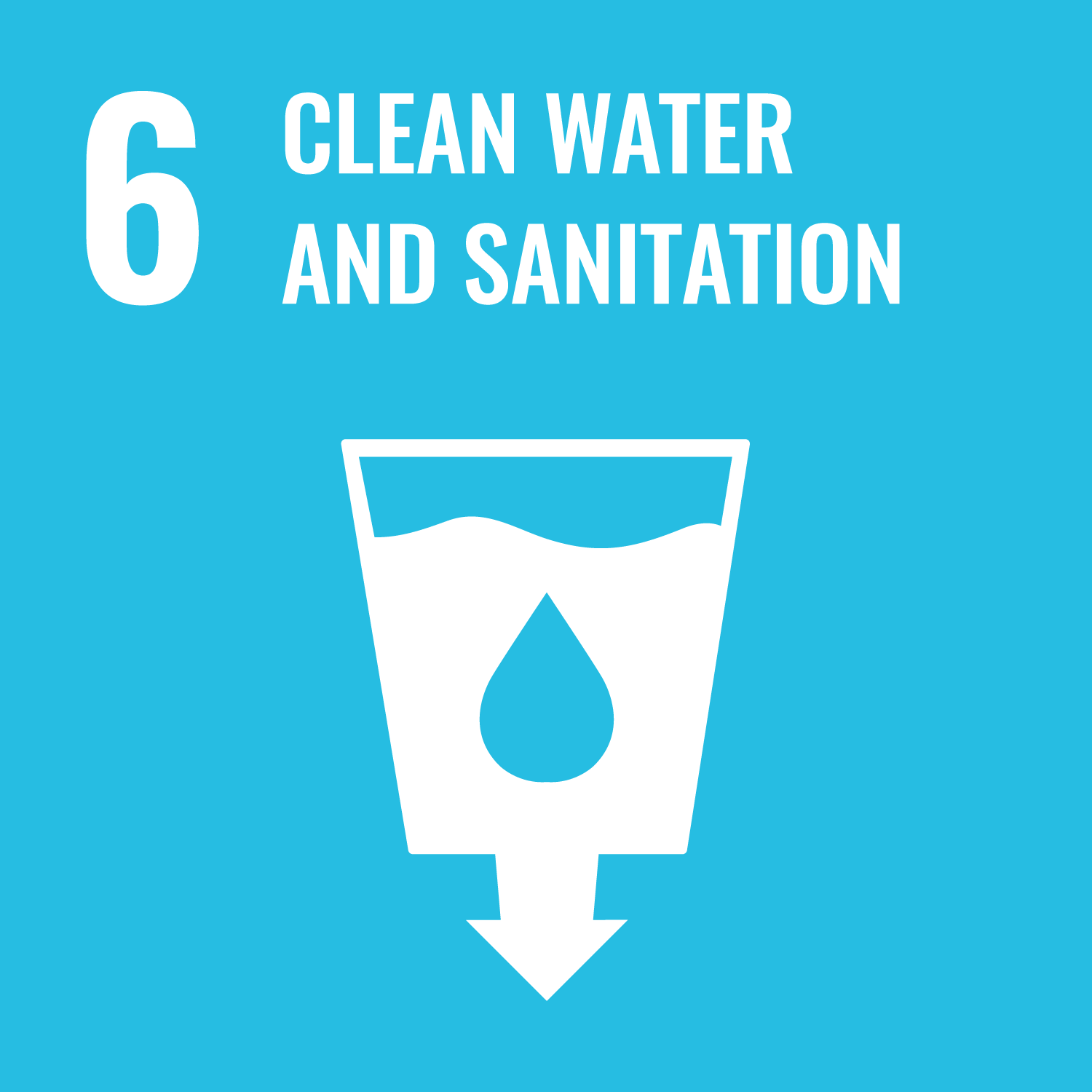SDG Detail
ENVSCI 738 : Water and Society
Postgraduate courseProject description
Experimenting with radical urban change is becoming the norm as cities around the world pursue improved futures. Experiments are considered dynamic and provisional and are seen as a way to cut through administrative red-tape and materialise visions of flourishing, sustainability and liveability. Experiments are viewed as an acceptable way to take risks and come with expectations of high failure rates but promises of high returns. But who is doing the experimenting? Who is being experimented on? Can (and should) lessons be applied elsewhere? This course probes the appeal of experiments with more sustainable cities through a case study of Auckland�s Healthy Waterways strategy. The first half of the course examines the science of Water Sensitive Cities. Students apply and critique deterministic and constructivist approaches to realising more sustainable cities. The second half of the course attempt to makes sense of change that is produced by how improved futures are both imagined and materialised. Students examine how experiments with more sustainable cities are understood to be important. Do they reframe institutions and reconfigure actors? Do they engender radical change? Are they a viable alternative to long-term planning? Are they business-as-usual repackaged in appealing rhetoric? There are three take home messages: 1) Experiments with urban futures carry a politics like any other activity; 2) Visions of the future matter and have to be positioned among competing visions; 3) There is still need to imagine better kinds of human society.
Project aims
?
Project outcome
A student who successfully completes this course will have the opportunity to design a Water Sensitive City to reveal how water scientists envision their role in social change. Through the practice of urban hydrology and academic grounding in critical literature, students will explore the politics of experiments. Students should leave the course with: 1) Knowledge of the water sensitive city; 2) Understanding of how the practice of science involves political propositions; 3) Grounding in dominant ideologies that frame contemporary visions and how they manifests in sociomaterial outcomes.
Related SDGs
The corresponding sustainable development goals correlated with this project. You you click the icon to link to SDG category description page.










